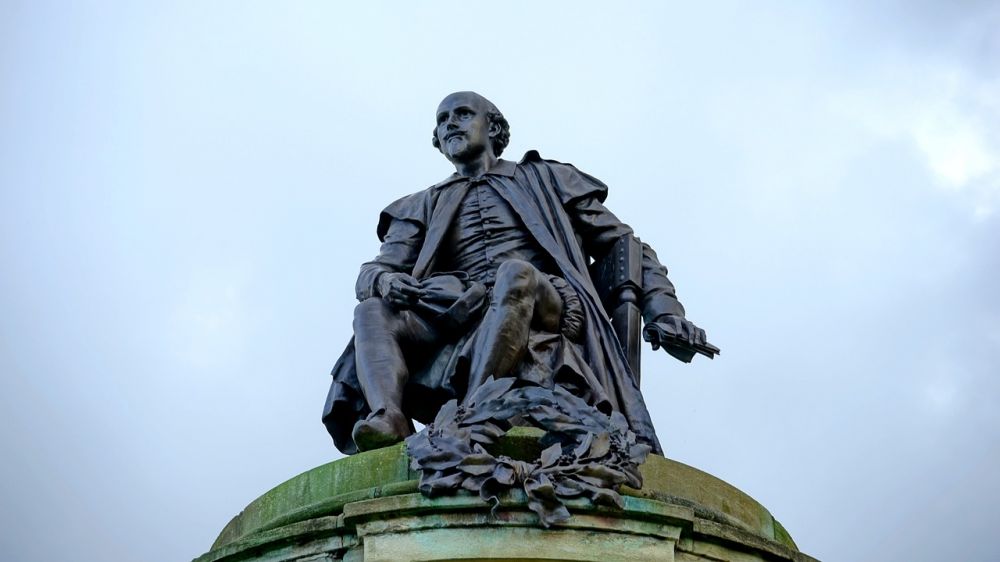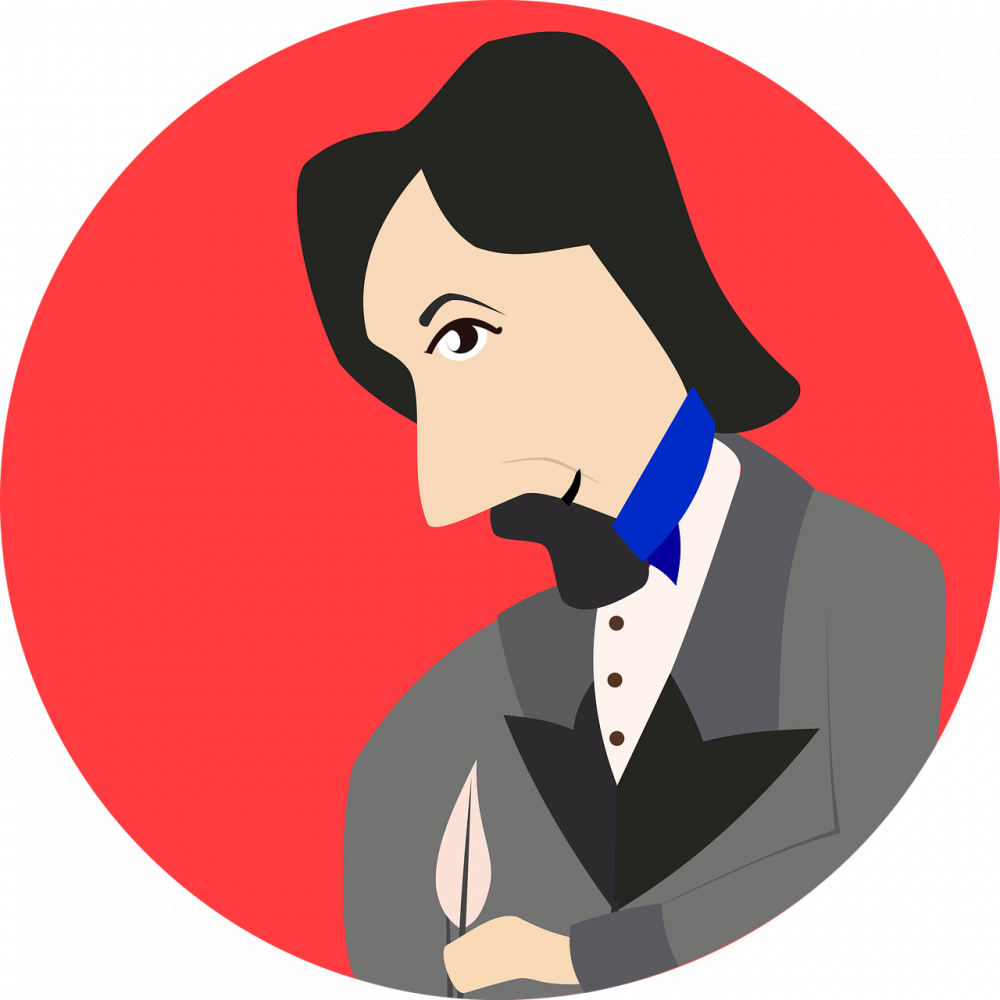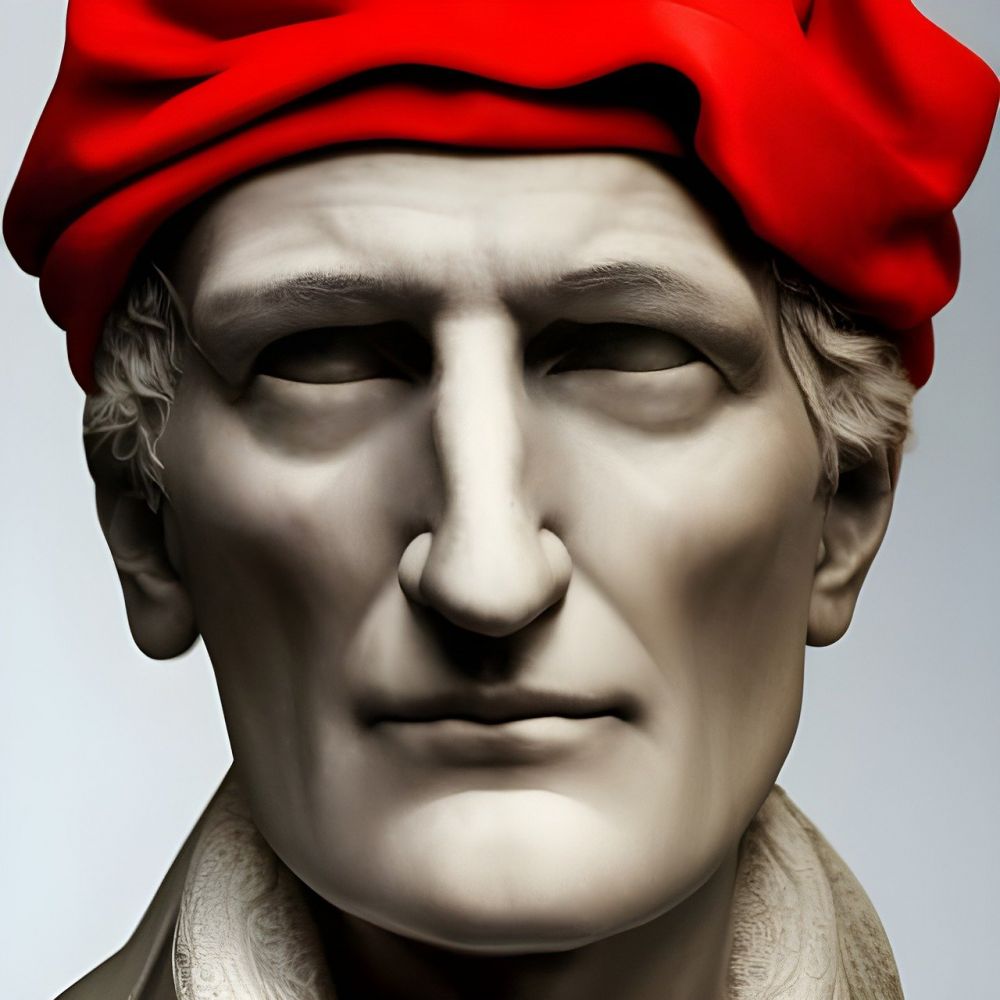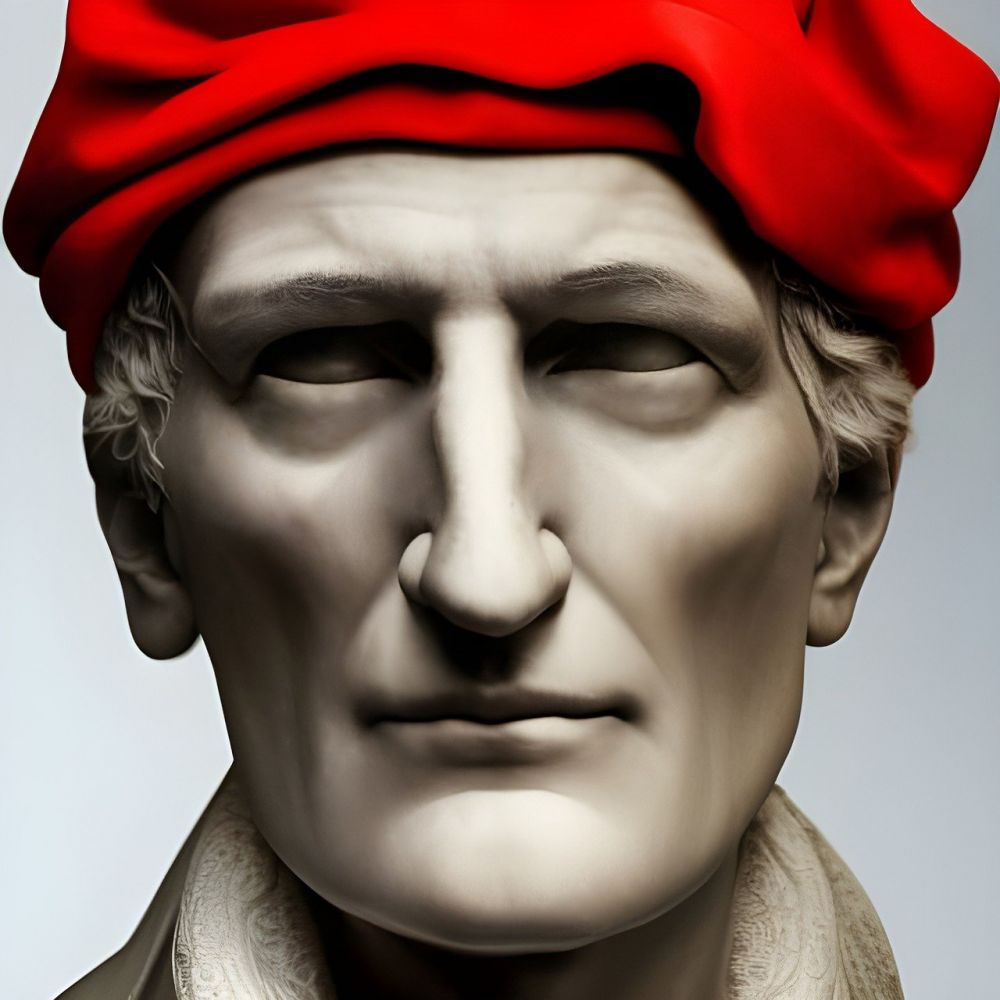Charles Dickens: A Literary Icon

Introduction:
Charles Dickens is one of the most celebrated and influential novelists in the history of English literature. His works continue to captivate readers across generations, delving into the complexities of Victorian society and human nature itself. In this article, we will delve into the life and works of Charles Dickens, shedding light on his immense impact on literature and society.
Early Life and Influences:

Born on February 7, 1812, in Portsmouth, England, Charles Dickens had a modest upbringing. His father, John Dickens, worked as a clerk in the Navy Pay Office, while his mother, Elizabeth, played a significant role in fostering young Charles’ love for literature. Growing up, Dickens showed a keen interest in reading, particularly the works of Oliver Goldsmith and Henry Fielding, which inspired his own writing style later in life.
Dickens’ Literary Career:
Dickens began his literary career as a journalist, writing for various newspapers and magazines. During this time, he honed his skills as a social commentator, observing the harsh realities of Victorian society. It was through these experiences that he found his voice as a novelist, penning his debut novel, “The Pickwick Papers,” in 1836. This delightful satirical work not only established Dickens as a rising literary star but also set the stage for his subsequent novels, characterized by vivid characters and social commentary.
Exploring Victorian Society:
Dickens’ novels serve as powerful indictments of the social injustices prevalent in Victorian England. Through his writings, he exposed the divisions between the rich and the poor, shedding light on the plight of the working class. In works such as “Oliver Twist,” “David Copperfield,” and “Bleak House,” Dickens painted a vivid picture of urban poverty, child labor, and the deplorable conditions of workhouses. His enduring characters, such as the endearing Oliver Twist and the tragic Miss Havisham, bring these dark realities to life, creating empathy and understanding among readers.
Evolution of Dickens’ Writing Style:
Over the course of his career, Charles Dickens’ writing style evolved, becoming more nuanced and multifaceted. His early works often embraced a more humorous and lighthearted tone, exemplified by “The Pickwick Papers” and “The Old Curiosity Shop.” However, as Dickens matured as a writer, his works took on a darker and more somber tone, reflecting his own personal struggles and the disillusionment he felt with Victorian society.
Social Reforms and Activism:
In addition to his literary contributions, Dickens was a passionate advocate for social reforms and actively campaigned for better working conditions and education for the poor. His experiences as a child laborer in a blacking factory deeply affected him and fueled his determination to fight for social justice. Dickens’ activism extended beyond his novels, as he gave public readings of his works to raise funds for charitable causes, such as hospitals and homes for fallen women.
Legacy and Influence:
Charles Dickens’ legacy extends far beyond his own lifetime. His timeless works continue to be celebrated and studied in academia, shaping the literary canon. Dickens’ unique ability to capture the human condition and expose the injustices of society has left an indelible mark on literature. Many of his characters, such as Ebenezer Scrooge from “A Christmas Carol,” have become iconic symbols that transcend the pages of his novels.
Conclusion:
Charles Dickens’ contributions to literature and social reform stand as a testament to his remarkable talent and unwavering compassion for humanity. His novels continue to captivate readers, providing a snapshot of Victorian society and its intrinsic flaws. With his intricate characterization and powerful narratives, Dickens invites us to reflect on our own society and the power we all possess to effect positive change. Charles Dickens will forever be remembered as a literary icon whose works remain relevant and inspiring to this day.





